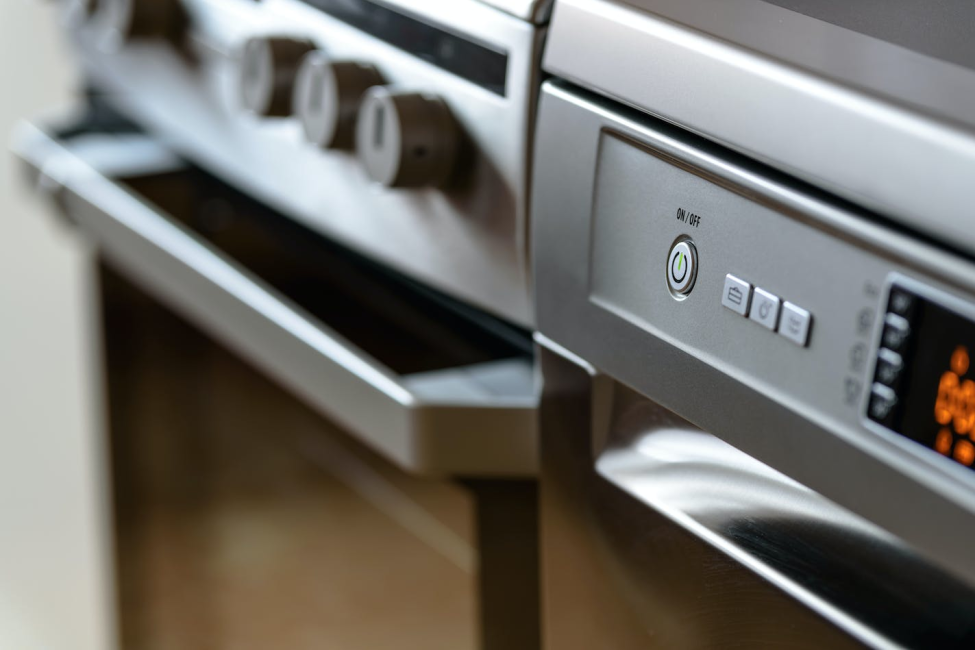
How to minimize the environmental impact of cooking
The kitchen is at the heart of the home, but this important room can also account for a significant amount of household energy usage. There are various ways to make kitchens energy efficient and reduce wastage. - Do not overfill refrigerators and freezers as it will affect their performance.
- Regularly clean and maintain kitchen appliances and check that the fridge/freezer door seals aren't broken. Also, make sure to defrost the freezer regularly.
- Put your fridge in a a spot that has the required space behind it. Do not put it next to a cooker or radiator.
- Cook multiple dishes in the oven to maximise use.
- When using the oven, keep the oven door shut as each time you open it, heat is lost
- Keep lids on pots and pans while cooking to minimise vapour. This will allow you to turn the hob down and use less electricity or gas.
- If available use a slow cooker instead of an oven.
- Always unplug appliances when not in use, e.g., microwave ovens or kettles.
- Boil only the water you need for a cup of tea or coffee, or boil a whole kettle and keep it in an insulated flask for use the whole day.
- If your gas/electric stove and oven need to be replaced, consider getting an induction hob. LWNT is currently running the Goodbye, Gas offer where we will replace your old stove/oven with an efficient induction hob and electric oven for FREE! For more information, please visit the site below.
- Embrace energy-efficient eating and gardening for a greener lifestyle. Learn to reduce energy use while cooking and use homegrown ingredients for sustainable meals. For more tips on gardening, be sure to visit our Get Gardening page.
Say goodbye to gas in your home

